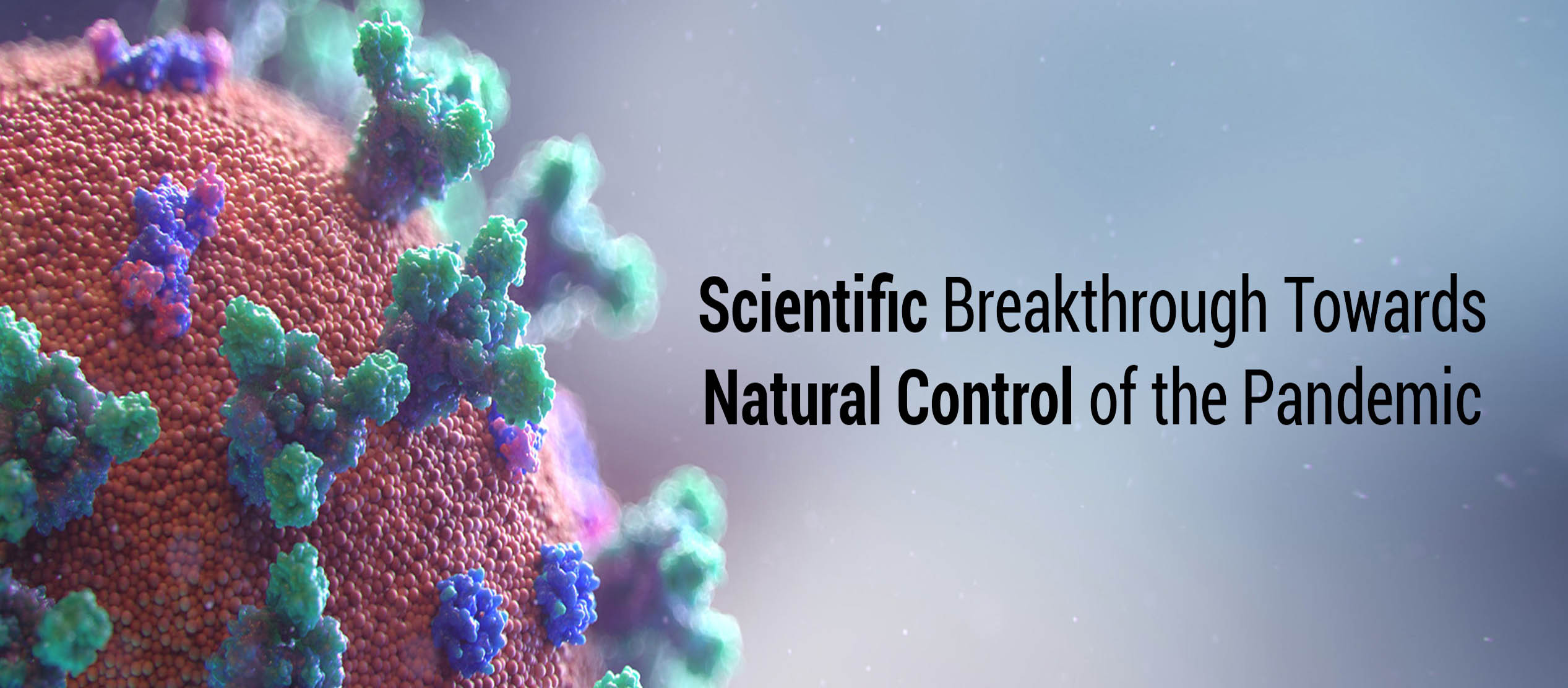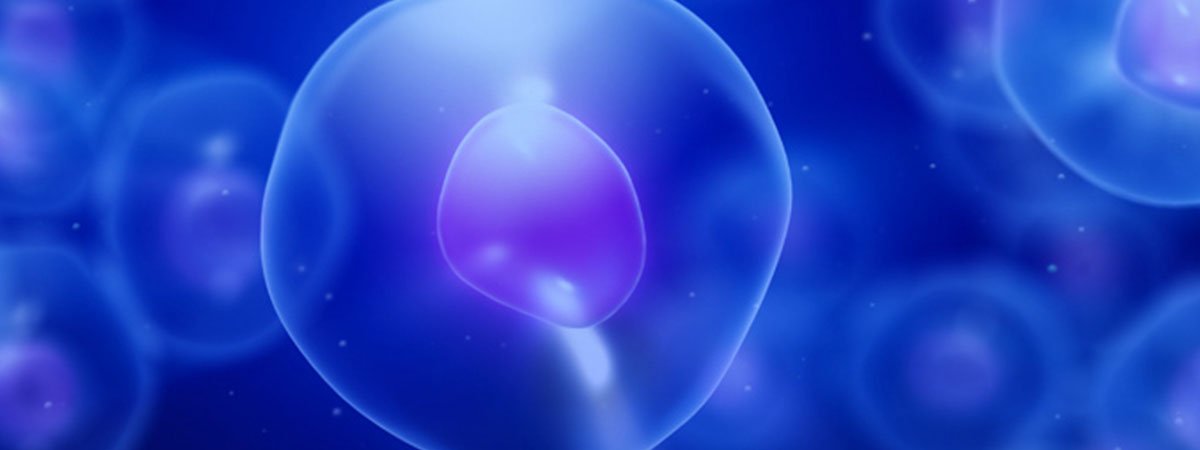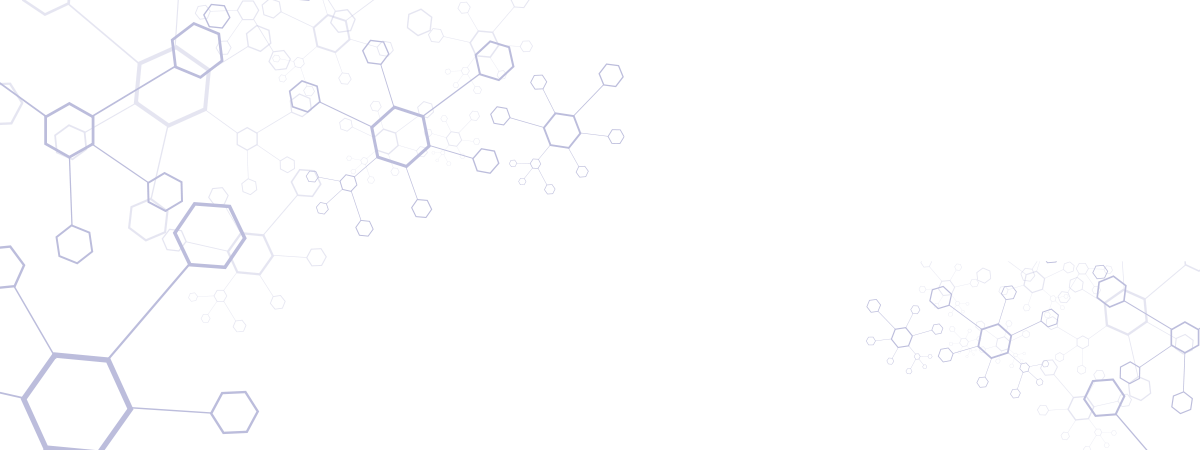M.W. Roomi, V. Ivanonv, T. Kalinovsky, A. Niedzwiecki, M. Rath
Experimental Lung Research 2006, 32(3&4): 69-79
Introduction:
Malignant mesothelioma (MM), an asbestos-associated cancer with no known cure, is a highly aggressive tumor causing profound morbidity and nearly universal mortality. Extracellular matrix (ECM) matrix metalloproteinases (MMPs) produced by tumor and stromal cells play a key role in tumor invasion and metastasis. Prevention of ECM degradation by MMP inhibition has been shown to be a promising therapeutic approach to inhibition of cancer development. A nutrient mixture (NM) containing lysine, proline, ascorbic acid and green tea extract, has shown significant anticancer activity against a number of cancer cell lines.
Methods:
We investigated the effect of NM on MM cell line MSTO-211 H proliferation (by MTT assay), MMP activity (by gelatinase zymography), invasion (through Matrigel) and morphology (by H&E staining).
Results:
MMP-2 and PMA-induced MMP-9 secretion were inhibited by NM in a dose-dependent fashion with virtual total inhibition at 500 mg/ml NM. Invasion through Matrigel was inhibited at 50, 100 and 500 mg/ml by 27, 36 and 100% respectively. NM was not toxic to the MM cell line, and H&E staining did not indicate any changes even at the highest concentration.
Conclusion:
In conclusion, NM significantly inhibited MM cell MMP secretion and invasion- both important parameters for cancer prevention, suggesting NM as an effective treatment strategy for MM.
Full Study:





















